Maqui Berry Benefits: 7 Science-Backed Health Advantages
Much on these delicious berries to combat free radicals and soothe inflammation.
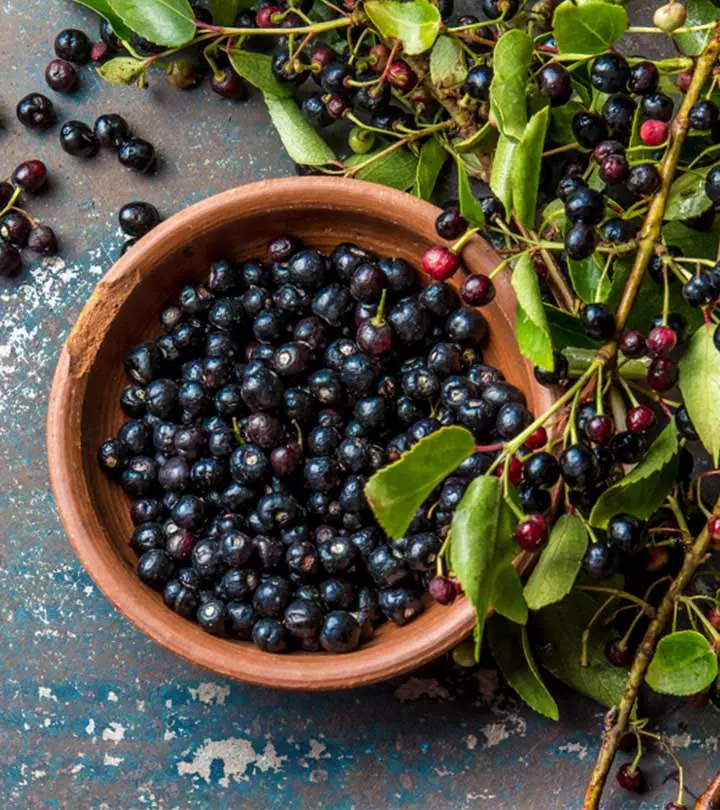
Image: Shutterstock
The nutrient-dense composition and antioxidants are responsible for the health benefits of maqui berries. These berries may help lower cholesterol and blood glucose levels and reduce inflammation. They also help one combat metabolic disorders, manage diabetes, aid in weight loss, and improve cardiovascular health. You can easily incorporate these berries into your smoothies, oatmeal, and desserts to give you that much-needed energy boost. Here, we will further discuss the benefits, ways of intake, and potential risks of maqui berries. Take a look.

 Know Your Ingredient: Maqui Berry
Know Your Ingredient: Maqui BerryWhat Is It?
A dark purplish edible berry from the Elaeocarpaceae tree family found in South America.
What Are Its Benefits?
Its rich antioxidant content helps fight oxidative stress and associated inflammation. It can also improve digestive and eye health, as well as reduce the risk of diabetes and cancer.
Who Can Consume It?
Anyone can consume it in moderation except those who are allergic to it.
How Often?
Consuming 5 to 7 berries or 1 tablespoon of powder daily is recommended.
Caution
Excessive consumption can cause indigestion and inconsistent blood glucose and cholesterol levels in some people.
In This Article
What Is Maqui Berry?
Maqui berry (Aristotelia chilensis) is an edible berry endemic from central and southern Chile. It appears dark purplish due to its rich anthocyanin content. Traditionally it was used by native South Americans as an astringent and an anti-laxativei A drug that slows down the gut process and allows the body to absorb water to treat diarrhea while preventing dehydration. (1). It tastes similar to blackberries and has a rich nutrient profile like acai berries.
 Trivia
TriviaFind out the numerous health benefits of maqui berries in the next section.
Key Takeaways
- Maqui berry has antioxidant and anti-inflammatory properties and may improve digestive health, and help in cancer prevention.
- The recommended dose for maqui powder is a teaspoon, while about five berries can be consumed daily.
- You can add maqui berries or powder to juices, desserts, smoothies, and more.
- While these berries are considered safe, some people may be allergic to them.
What Are Maqui’s Health Benefits?
1. May Help Fight Free Radicals

Maqui is rich in antioxidants, especially anthocyaninsi A chemical compound that gives plants like red cabbage, beets, and grapes their purplish or red hue. . Antioxidants help fight free radicals and protect cells from oxidative stress, damage, and inflammation (2). Incorporating antioxidants into your diet may also help reduce the risk of cardiovascular disorders, diabetes, and cancer (3).
Other reports suggest that maqui berries have an exceptionally high anthocyanin content (4). In fact, the FRAP (ferric reducing activity power, the measurement of a food’s antioxidant capacity) for maqui was (12.32) significantly higher than many vegetables and fruits (5).
Maqui berry is the richest known source of antioxidants known as delphinidins (6). The berry extract may also improve oxidative status in healthy adults, overweight adults, and adult smokers (7).
2. May Help Fight Inflammation
Maqui berry has potent anti-inflammatory properties (8). It contains phenolicsi Plant-based chemicals that work as antioxidants and prevent damage to DNA, providing various long-term health benefits. such as anthocyaninsi A chemical compound that gives plants like red cabbage, beets, and grapes their purplish or red hue. , flavonoids, and organic acids (8). Consuming maqui berries can help fight inflammatory disorders like heart disease, respiratory ailments, diabetes, and arthritis. The berry extracts were found to improve resistance to respiratory infections while lowering oxidative stress in the lungs (9).
3. May Protect Against Heart Disease

Maqui berries have been linked with reduced heart disease due to their anti-inflammatory effect. Their extracts could help reduce inflammation in human aortic endothelial cells (10). The rich antioxidant and anthocyanin content in maqui berries may also help reduce the risk of heart attacks.
A 90-day clinical study used Delphinol (a maqui berry supplement) in prediabetic people. The supplement could reduce bad cholesterol levels (LDL). Lowering LDL may help reduce the risk of cardiovascular disorders (11).
4. May Aid Blood Sugar Control
The delphinol found in maqui berry extracts may significantly lower blood glucose in prediabetic individuals(11). Daily intake of 180mg of maqui berry extract helped reduce blood glucose levels by 5%.
5. May Support Eye Health

Animal studies have reported that the antioxidant and anti-inflammatory properties of maqui berry extracts may help improve eye health. Maqui berry extract (MBE) was found to protect photoreceptor cellsi Cells in the retina that split light into individual electrons and send them to the brain to enable vision. in mice (12). The major anthocyaninsi A chemical compound that gives plants like red cabbage, beets, and grapes their purplish or red hue. in MBE prevent the death of photoreceptor cellsi Cells in the retina that split light into individual electrons and send them to the brain to enable vision. induced by visible light (12). However, more studies are warranted to understand if MBE has similar effects in humans.
Animal studies have reported that maqui berry extracts may help relieve dry eyes (13). A preliminary study in humans has also been promising (14). In general, eating berries or vegetables rich in antioxidants and anthocyaninsi A chemical compound that gives plants like red cabbage, beets, and grapes their purplish or red hue. have been found to support good vision.
6. May Improve Digestive Health
Maqui berries can help support gut health by promoting the growth of good bacteria.
The dietary fiber in the berries can help improve digestive function and help prevent gastrointestinal issues.
Anthocyaninsi A chemical compound that gives plants like red cabbage, beets, and grapes their purplish or red hue. in diet have also been linked to gut health (15). However, further studies are needed to understand how anthocyaninsi A chemical compound that gives plants like red cabbage, beets, and grapes their purplish or red hue. influence the bacterial populations in the gut.
7. May Reduce Cancer Risk

A study published in the Journal of Berry Research reported the antioxidant and anti-inflammatory effects of maqui berry extracts against human colon cancer cells (16). The study demonstrated that the anthocyaninsi A chemical compound that gives plants like red cabbage, beets, and grapes their purplish or red hue. , flavonoids, and organic acids in maqui extracts inhibit the growth of cancer cells in the colon (16).
Apart from the above-mentioned benefits, maqui berries may help improve brain function, boost the immune system, and are one of the best fruits for weight loss (17), (18), (19).
 Did You Know?
Did You Know?These are the benefits of maqui berries. These are all thanks to its rich and diverse nutritional profile. Learn more about it in the next section.
Nutritional Profile Of Maqui Berry
Maqui berries are a rich source of nutrients, particularly antioxidants. Here’s a breakdown of the key nutrients found in 100 grams of maqui berries (20):
- Energy: 150 kcal
- Protein: 0.8 grams
- Fat: 2.9 grams
- Saturated Fatty Acids (SFAs): 13.6 grams
- Monounsaturated Fatty Acids (MUFAs): 35.25 grams
- Polyunsaturated Fatty Acids (PUFAs): 47.78 grams
- Fiber: 53.31 grams
- Soluble Fiber: 2.46 grams
- Insoluble Fiber: 50.85 grams
Minerals
- Calcium: 87 mg
- Iron: 30.5 mg
- Phosphorus: 44 mg
- Potassium: 296 mg
Other:
- Vitamin C
- Alpha-Tocopherols (Vitamin E): 4.5 mg
Maqui berries are a nutritional powerhouse, especially when it comes to digestive health. They are a good source of fiber, particularly insoluble fiber, which aids digestion and promotes gut health. Their protein and fat content is relatively low. Additionally, maqui berries are packed with antioxidants, including anthocyanins, which are believed to be responsible for their deep purple color.
But how many of these can you take? How can you include them in your diet? Let’s know about it in our next section.
How Many Maqui Berries Should I Take?
There is not enough data to conclude the ideal dose of maqui berries. As per anecdotal evidence, taking 5 to 7 whole berries or 1 teaspoon or 2.5 grams of maqui berry powder could be ideal.
How To Eat
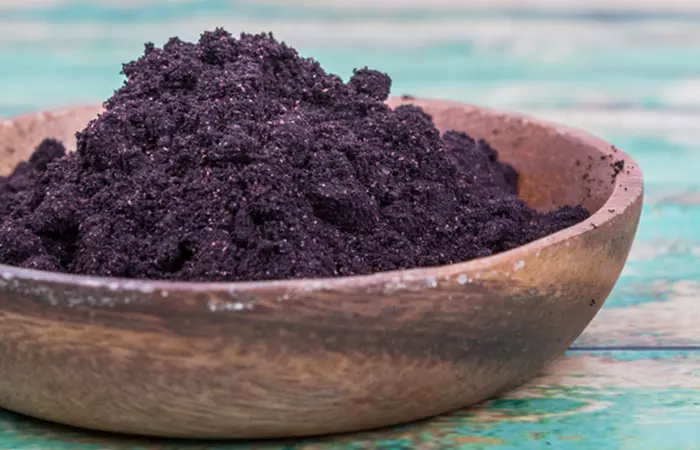
You can eat fresh maqui berries. However, juices and supplement powders are more popular alternatives. They can be added to your desserts, oatmeal, smoothies, or even yogurt. That said, juices and supplement powders can possibly cross the upper limit of maqui berries. Hence, talk to your doctor or certified nutritionist for better clarity in this regard.
You may also try the following maqui berry recipes.
- Wild Maqui Berry Smoothie Bowl
You Will Need
- 1 cup unsweetened vanilla almond milk
- 1 cup frozen cauliflower
- 1 cup frozen blueberries
- 1 tablespoon coconut butter or almond butter
- 2 scoops of vanilla protein powder
- 2 tablespoons wild maqui berry powder
- Toppings of your choice
Process
- Add the ingredients into a high-powered blender and blend until smooth and creamy.
- Add more almond milk if you want the texture to be thinner.
- Serve in a bowl with your favorite toppings.
 Quick Tip
Quick Tip- Maqui Berry Superfood Smoothie and Chia Pudding Jar
You Will Need Layer 1: Chia pudding
- 1 cup almond milk or any milk of choice
- 3 tablespoons chia seeds
- ½ tablespoon maple syrup or your favorite natural sweetener
- ¼ teaspoon vanilla extract or powder
Layer 2: Maqui berry smoothie
- 1 frozen banana
- ½ cup almond milk or any liquid of choice
- 1 tablespoon freeze-dried maqui powder
Toppings (optional):
- Few blueberries
- A drizzle of homemade coconut yogurt
- Edible flowers
Process
- To prepare the chia pudding mix the seeds, liquid, sweetener, and homemade vanilla powder or vanilla extract.
- Make sure you stir the mixture well to avoid clumps of seeds sticking together and sinking to the bottom of the mix. Place the mixture covered in the fridge and leave it to thicken.
- Place the bananas in the freezer too, ready to be used in the smoothie when frozen.
- When you’re ready to serve the chia pudding jars, simply blend all the smoothie ingredients together until smooth and creamy.
- Layer the smoothie over the chia pudding in your cups/mason jars and add the toppings of your choice.
Maqui berries may provide various health benefits. However, you must keep the following precautions in mind to avoid any adverse effects.
Precautions
There have been no known reported side effects of maqui berries, and research on the same is limited. However, they may cause allergic reactions such as itching, skin irritation, hives, or rashes in certain individuals. Additionally, those who are allergic to any berries need to exercise caution as they may be at an increased risk of being allergic to maqui berries as well. Those with a history of food sensitivities should also be mindful and consult a doctor before consuming these berries.
Pregnant and nursing women as well as those on medications for existing health conditions should be also careful since there is no evidence to refute this berry’s harmful reactions and interactions.
Infographic: Top 6 Benefits Of The Maqui Berries
It’s time to unleash the remarkable power of Maqui berries and elevate your wellness journey. These vibrant purple superfruits are packed with antioxidants and have an array of benefits. Check out the infographic below to learn about their most important health benefits.
Some thing wrong with infographic shortcode. please verify shortcode syntaxMaqui berries’ benefits go beyond their delicious taste. They are frequently featured in confectioneries, a popular breakfast topping option, and a nutritious dietary supplement. Maqui berries are loaded with potent antioxidants, vitamins, and minerals that help promote overall health. They can help promote heart, gut, and eye health. In addition, maqui berries may help reduce the harmful free radicals present in your body and relieve inflammation. They may also aid in blood sugar level management. Consuming these berries regularly can offer you great benefits. However, when used in excess, it can cause problems. If you experience any adverse effects, limit the use and seek medical advice.
Frequently Asked Questions
Is maqui berry the same as elderberry?
No. While both berries have similar appearances, elderberry is a European berry popular for its flu and cold-relieving properties.
Is maqui berry good for the skin?
Yes. Maqui berry is packed with antioxidants and anti-aging properties that scavenge free radicals and may reduce early signs of aging.
Which is better: acai or Maqui?
Maqui berry. While both berries have a similar nutritional profile, anecdotal evidence suggests that the antioxidant properties of maqui berries are higher than that of acai.
Is maqui berry high in potassium?
Yes. Two teaspoons of organic maqui berry powder contain about 52 mg of potassium (21).
Is maqui berry acidic?
No. Fruits and berries like maqui berries usually have an alkaline pH.
Illustration: Benefits of Maqui Berry, Nutrition, Recipes, And More
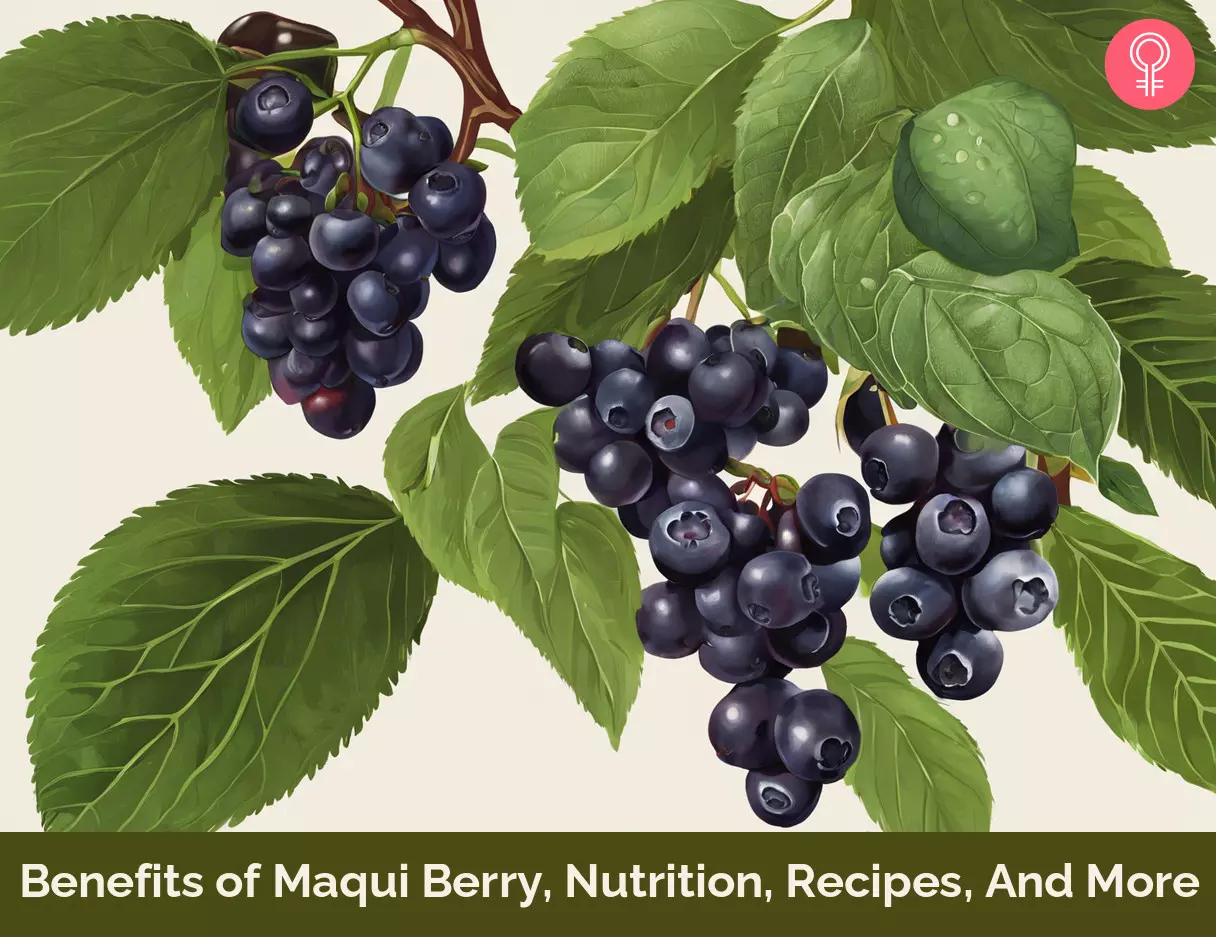
Image: Stable Diffusion/StyleCraze Design Team
Curious about the maqui berry? Then, explore its incredible benefits and versatile uses in this eye-opening video. Watch now and experience its magic!
References
Articles on StyleCraze are backed by verified information from peer-reviewed and academic research papers, reputed organizations, research institutions, and medical associations to ensure accuracy and relevance. Read our editorial policy to learn more.
- Bioactive Compounds of Aristotelia chilensis Stuntz and their Pharmacological Effects
https://pubmed.ncbi.nlm.nih.gov/26778456/ - Antioxidants: In Depth
https://www.nccih.nih.gov/health/antioxidant-supplements-what-you-need-to-know - The oxidative stress theory of disease: levels of evidence and epistemological aspects
https://pubmed.ncbi.nlm.nih.gov/27425643/ - Anthocyanin profiling of wild maqui berries (Aristotelia chilensis [Mol.] Stuntz) from different geographical regions in Chile
https://onlinelibrary.wiley.com/doi/10.1002/jsfa.6602 - [Antioxidant capacity of fruits and vegetables cultivated in Chile]
https://pubmed.ncbi.nlm.nih.gov/17425182/ - Nutraceutical and antioxidant effects of a delphinidin-rich maqui berry extract Delphinol®: a review
https://www.minervamedica.it/en/journals/minerva-cardiology-angiology/article.php?cod=R05Y2015S01A0001 - A Randomized Clinical Trial Evaluating the Efficacy of an Anthocyanin-Maqui Berry Extract (Delphinol®) on Oxidative Stress Biomarkers
https://pubmed.ncbi.nlm.nih.gov/26400431/ - The chilean superfruit black-berry Aristotelia chilensis (Elaeocarpaceae), Maqui as mediator in inflammation-associated disorders
https://www.sciencedirect.com/science/article/abs/pii/S0278691516304975?via%3Dihub - The intake of maqui (Aristotelia chilensis) berry extract normalizes H2O2 and IL-6 concentrations in exhaled breath condensate from healthy smokers – an explorative study
https://nutritionj.biomedcentral.com/articles/10.1186/s12937-015-0008-1 - Effect of Hot Water Extracts of Maqui Berry on Human Aortic Endothelial Cells Exposed to a Hyperglycemic Environment
https://academic.oup.com/cdn/article/4/Supplement_2/435/5844735?login=true - Delphinol® standardized maqui berry extract significantly lowers blood glucose and improves blood lipid profile in prediabetic individuals in three-month clinical trial
https://www.minervamedica.it/en/journals/panminerva-medica/article.php?cod=R41Y2016S01A0001 - Maqui berry (Aristotelia chilensis) and the constituent delphinidin glycoside inhibit photoreceptor cell death induced by visible light
https://www.sciencedirect.com/science/article/abs/pii/S0308814613000605?via%3Dihub - Delphinidin 3,5-O-diglucoside, a constituent of the maqui berry (Aristotelia chilensis) anthocyanin, restores tear secretion in a rat dry eye model
https://www.sciencedirect.com/science/article/abs/pii/S1756464614002266 - MaquiBright™ standardized maqui berry extract significantly increases tear fluid production and ameliorates dry eye-related symptoms in a clinical pilot trial
https://pubmed.ncbi.nlm.nih.gov/25208615/ - Interplay between Anthocyanins and Gut Microbiota
https://pubs.acs.org/doi/10.1021/jf501808a - Antioxidant and anti-inflammatory effects of extracts from Maqui berry Aristotelia chilensis in human colon cancer cells
https://www.researchgate.net/publication/328919169_Antioxidant_and_anti-inflammatory_effects_of_extracts_from_Maqui_berry_Aristotelia_chilensis_in_human_colon_cancer_cells - Maqui berry ( Aristotelia chilensis ) extract improves memory and decreases oxidative stress in male rat brain exposed to ozone
https://www.researchgate.net/publication/334743248_Maqui_berry_Aristotelia_chilensis_extract_improves_memory_and_decreases_oxidative_stress_in_male_rat_brain_exposed_to_ozone - Hyperinsulinemia, cancer and maqui berry: The promise of nutritional supplementation
https://www.sciencedirect.com/science/article/pii/S2213453019300163 - Lyophilized Maqui (Aristotelia chilensis) Berry Induces Browning in the Subcutaneous White Adipose Tissue and Ameliorates the Insulin Resistance in High Fat Diet-Induced Obese Mice
https://pmc.ncbi.nlm.nih.gov/articles/PMC6769892/ - A Review of the Functional Characteristics and Applications of Aristotelia chilensis (Maqui Berry), in the Food Industry
https://pmc.ncbi.nlm.nih.gov/articles/PMC10969556/ - [HISTORICAL RECORD]: ORGANIC MAQUI POWDER
https://fdc.nal.usda.gov/fdc-app.html#/food-details/559041/nutrients
Read full bio of Gabrielle Kane
Read full bio of Sindhu Koganti
Read full bio of Ravi Teja Tadimalla
Read full bio of Payal Karnik





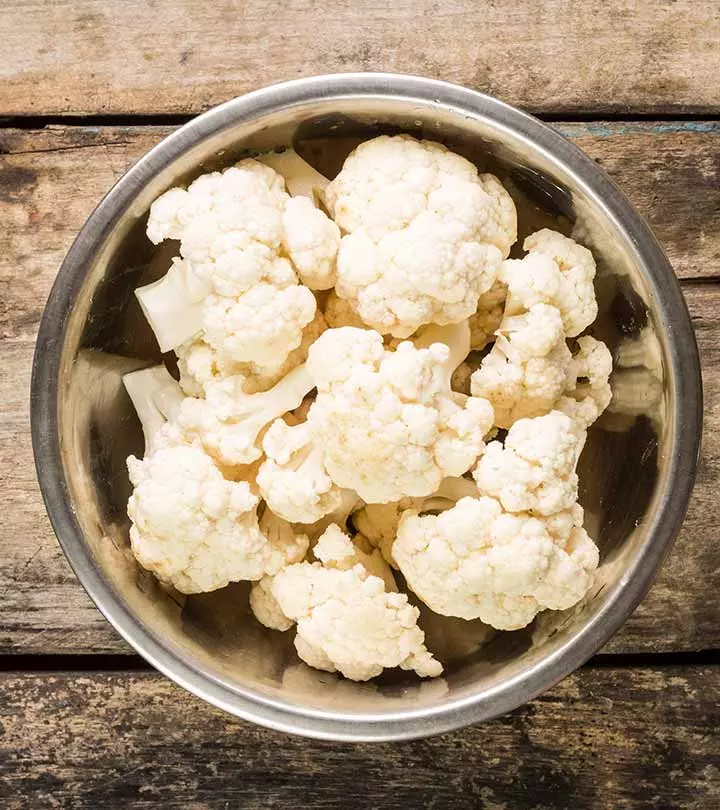
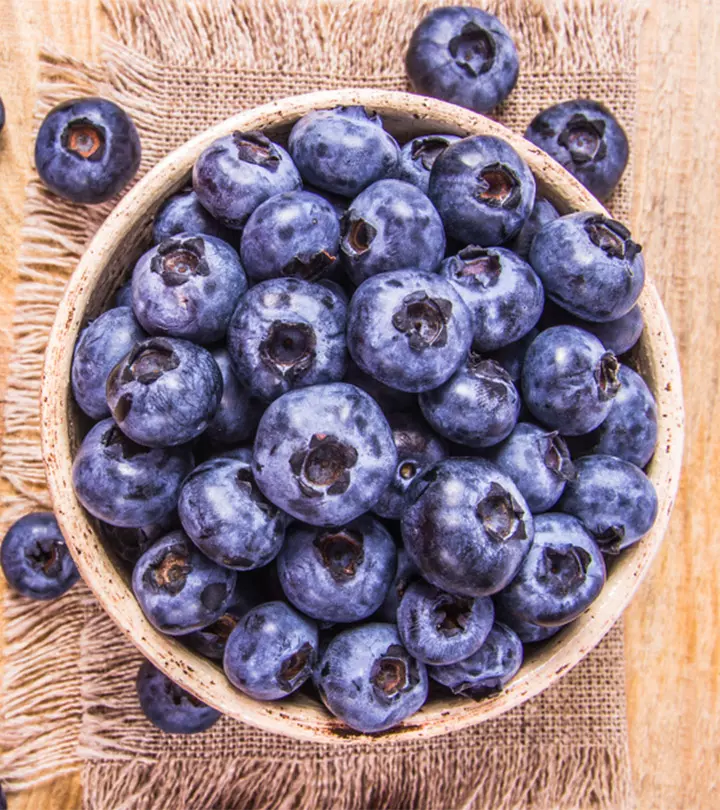
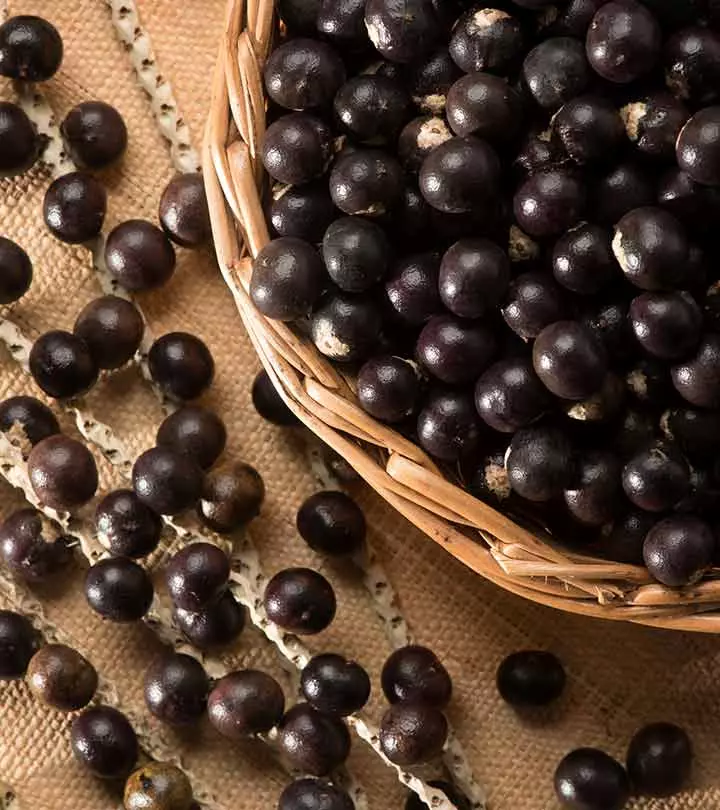
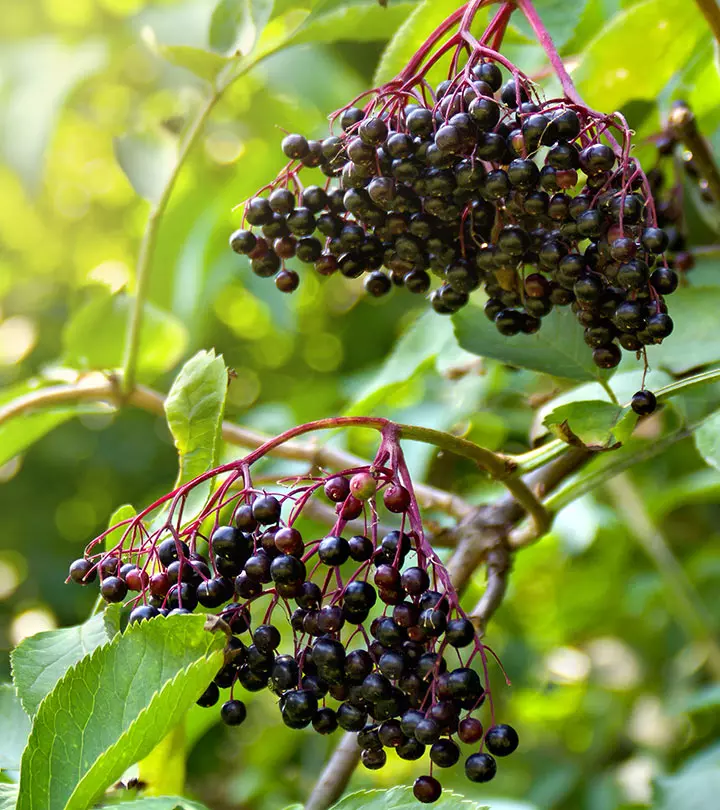
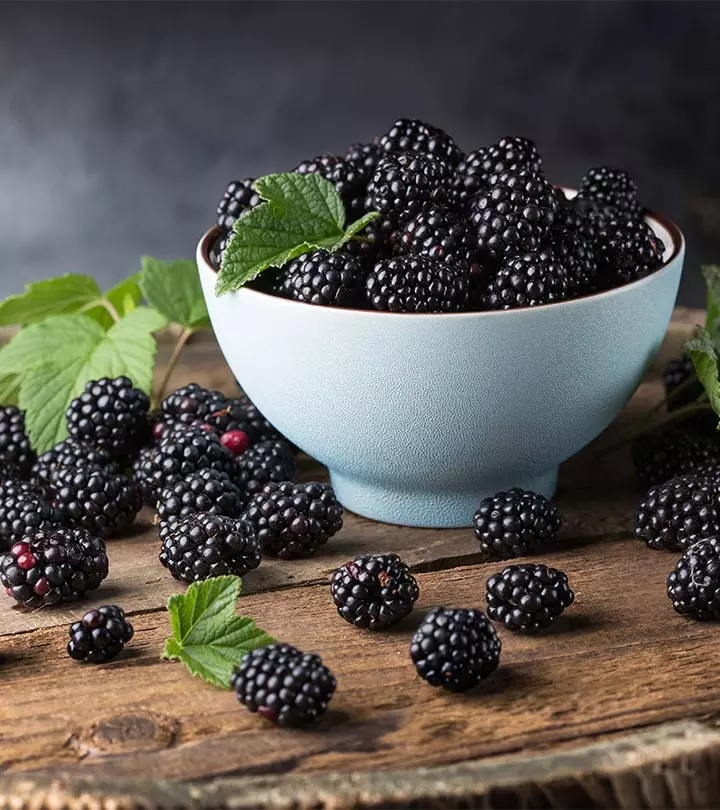
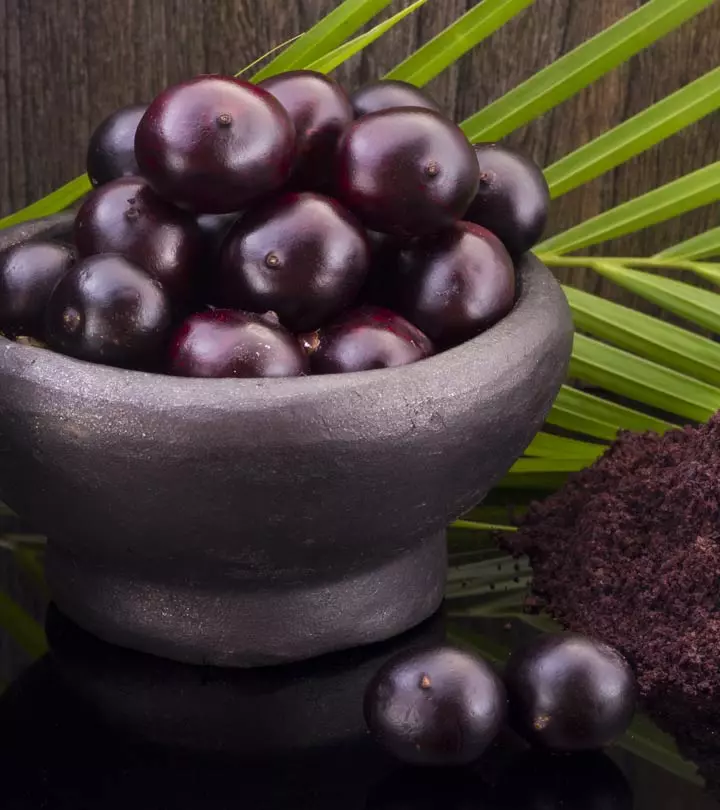
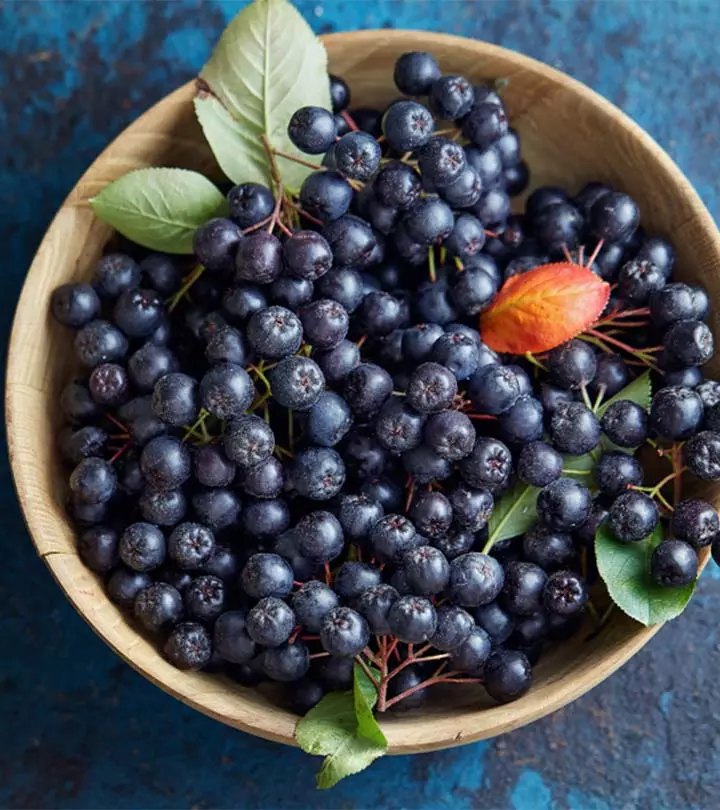

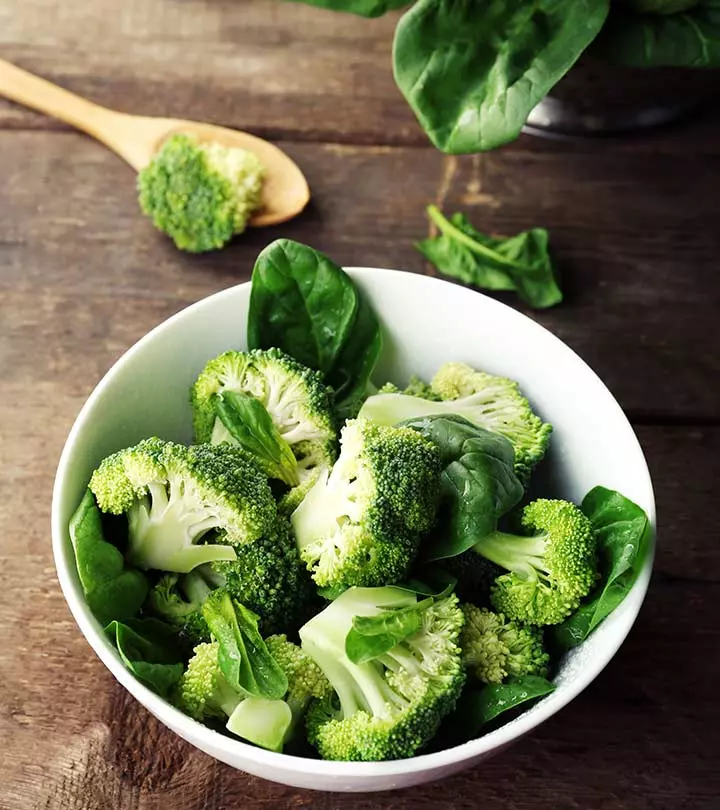

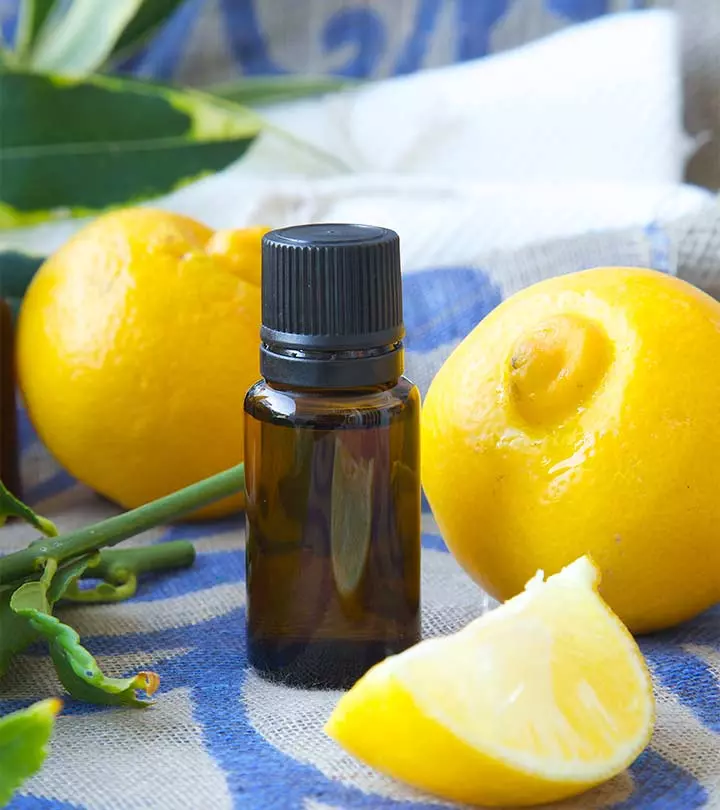
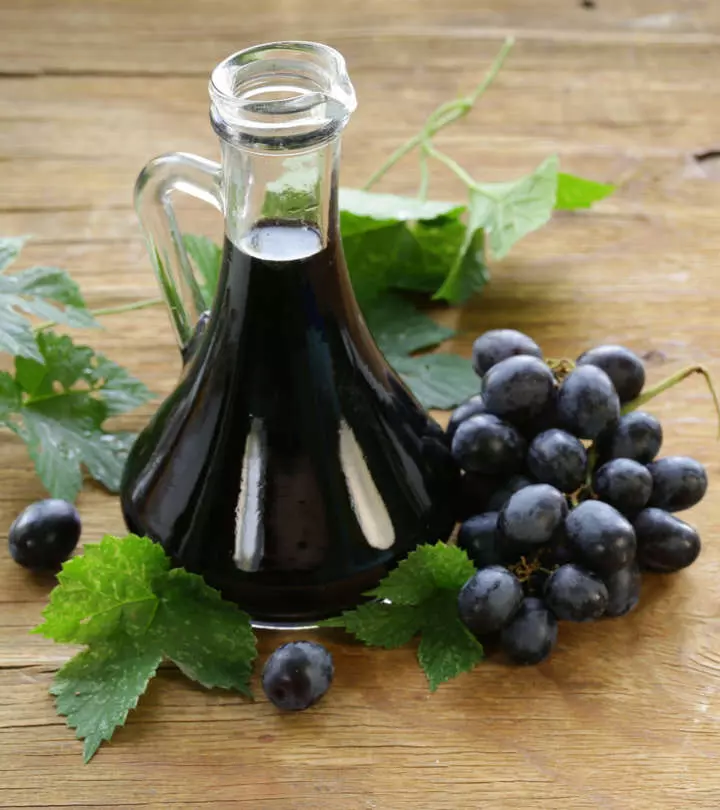
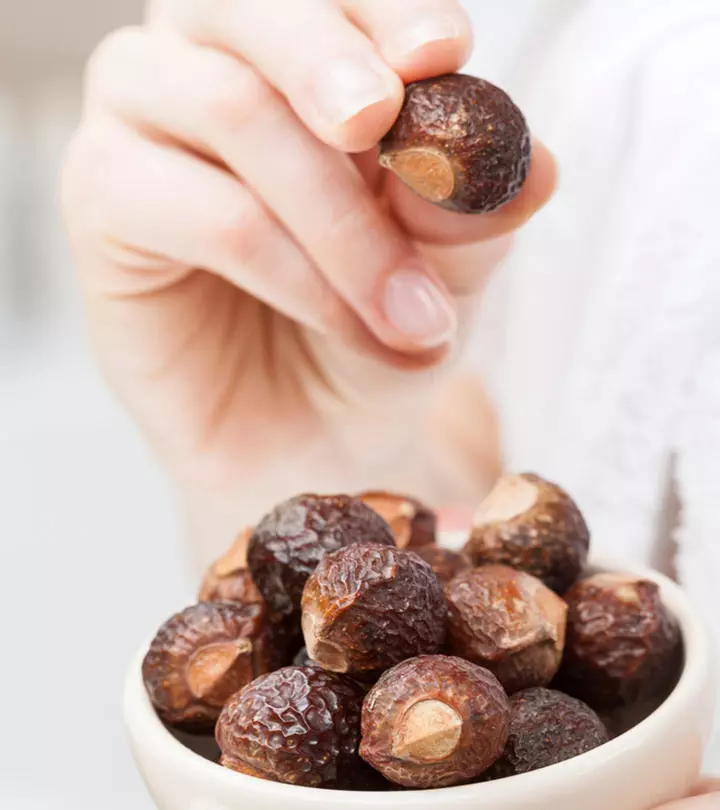
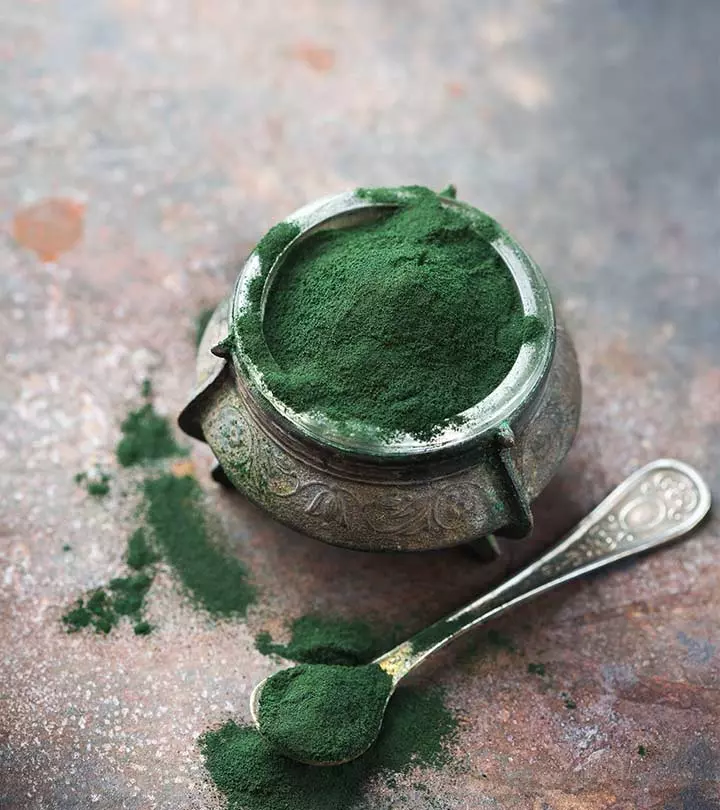
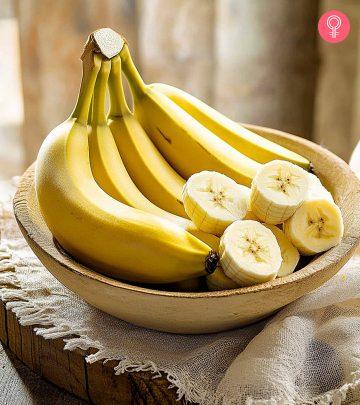
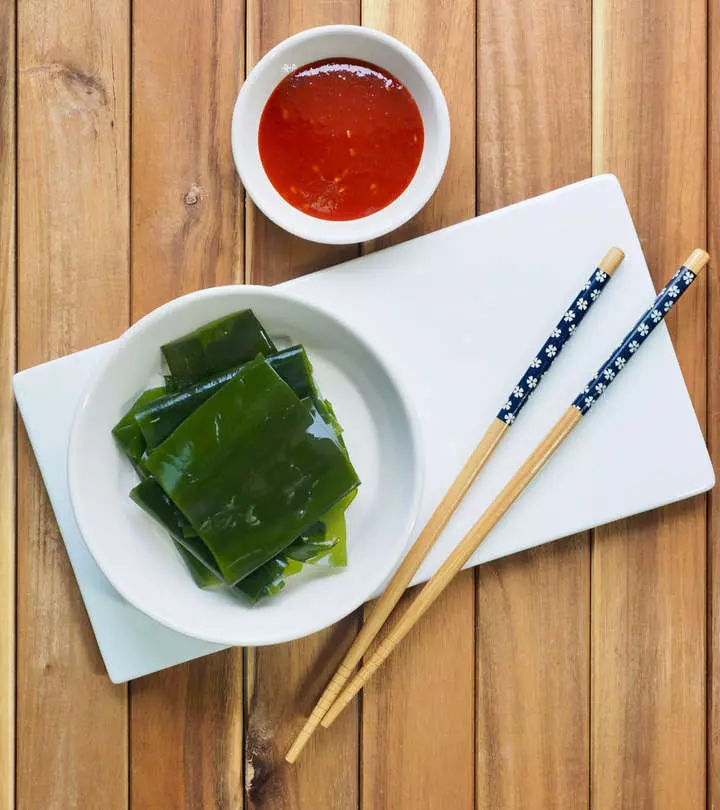

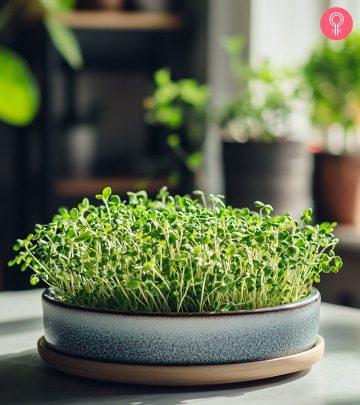

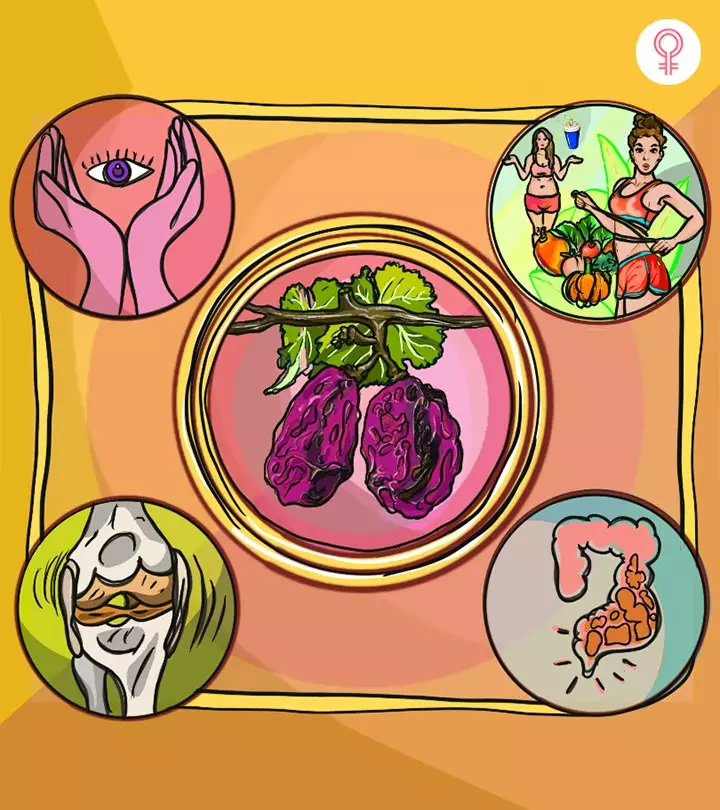
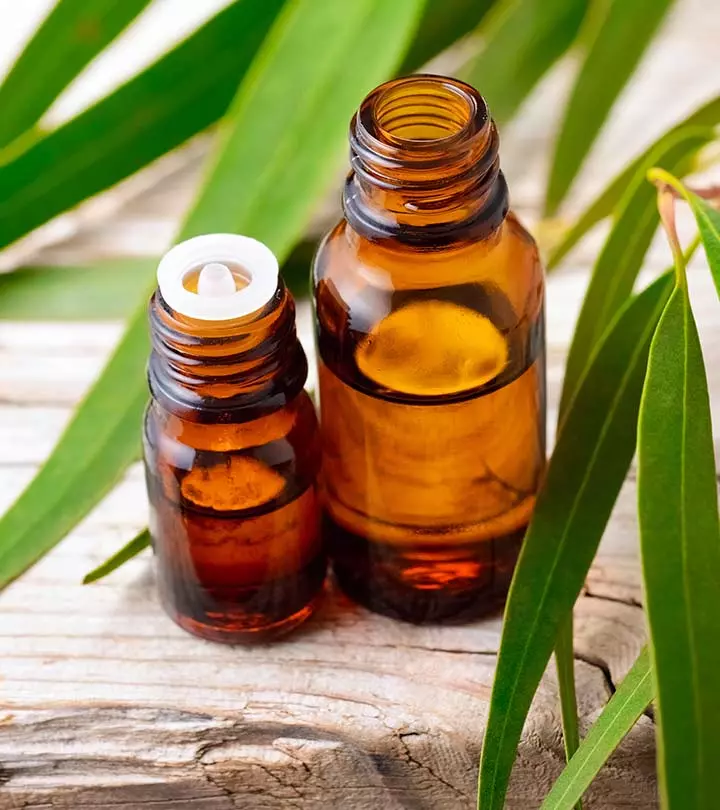
Community Experiences
Join the conversation and become a part of our empowering community! Share your stories, experiences, and insights to connect with other beauty, lifestyle, and health enthusiasts.